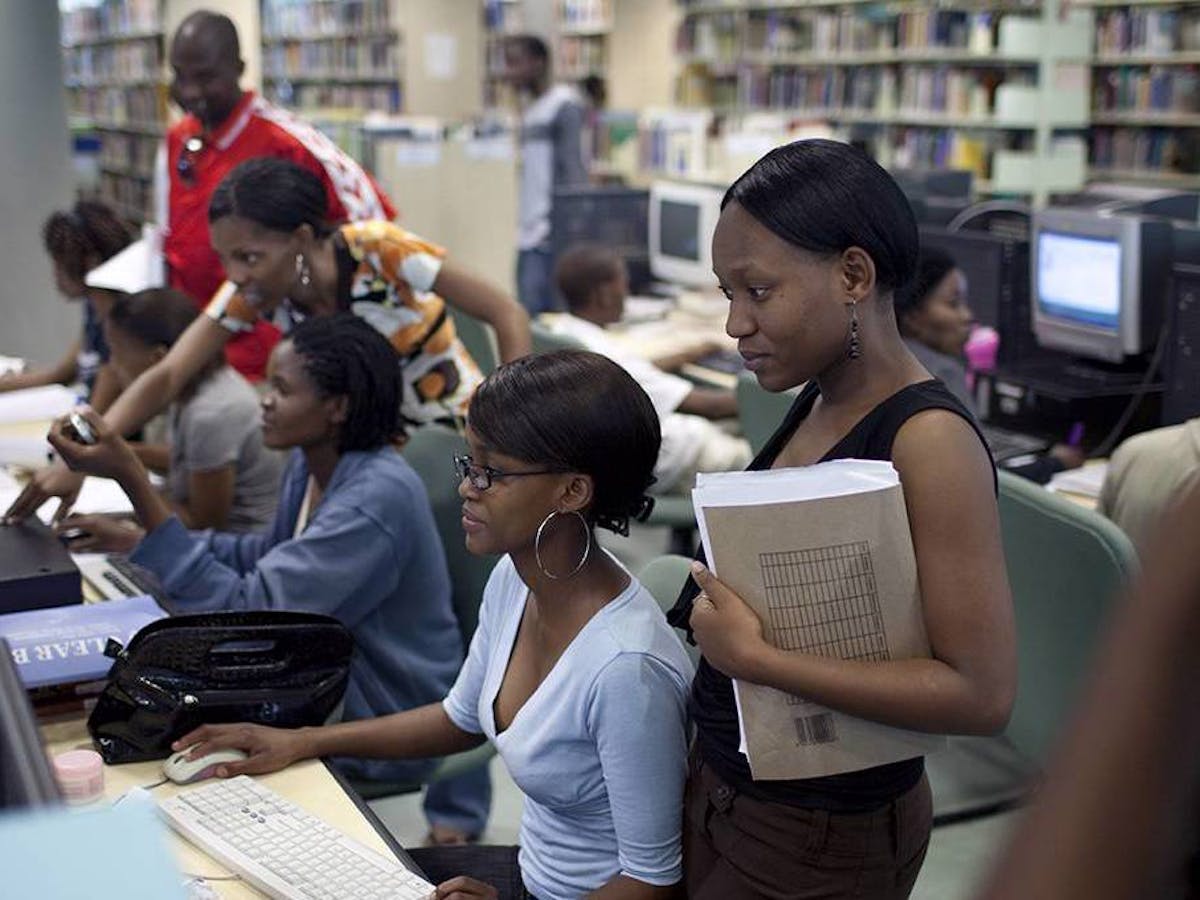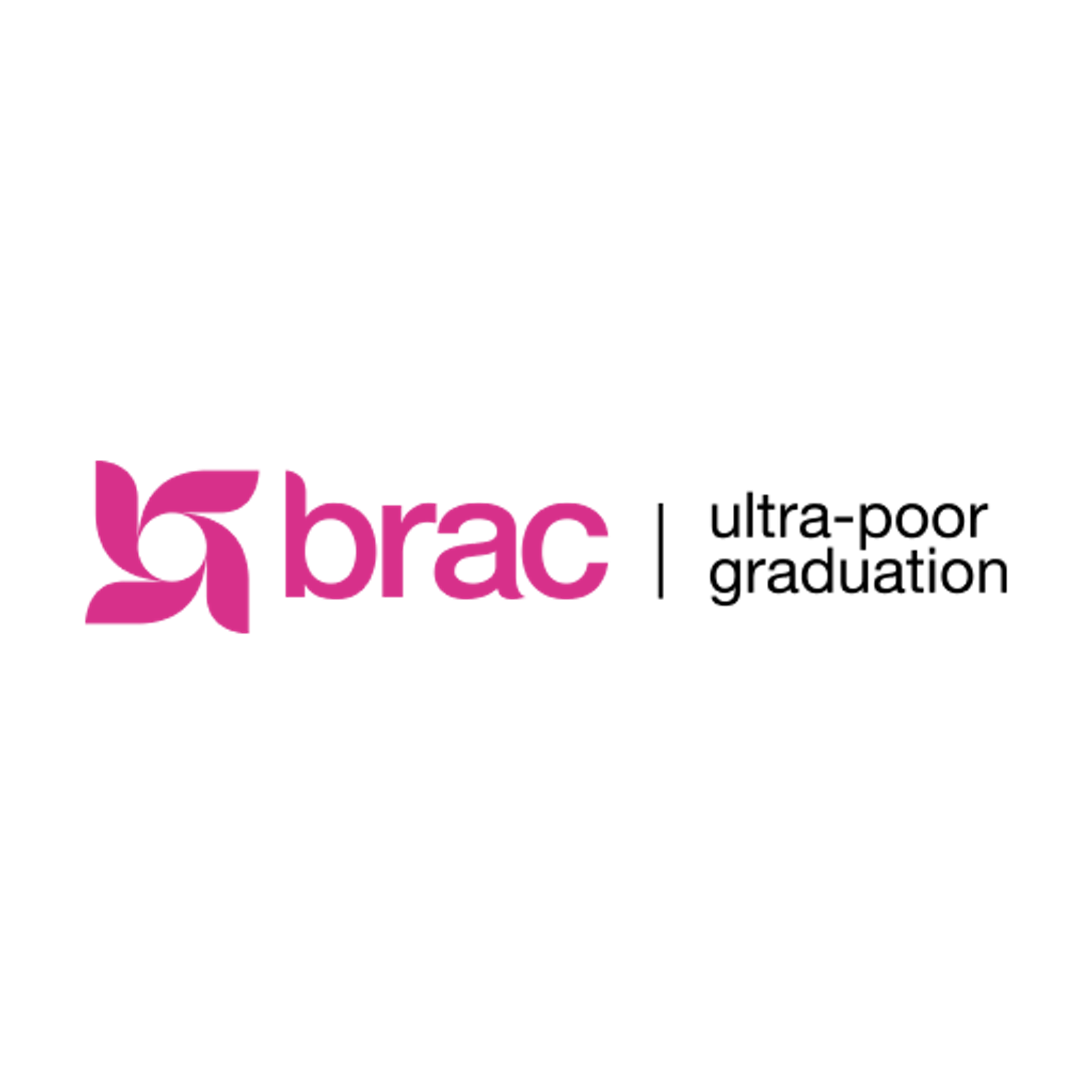Empowering African Women to Shape the Continent’s Future – Project Syndicate
Published: March 08, 2022

NAIROBI – With the right opportunities, women can play a critical role in the social and economic development of Africa. But what interventions are most effective at empowering more African women to seize such opportunities?
When women have more say in their own social and economic choices, their well-being and that of their households and communities improves. Their families show progress on nearly all development indicators.
For example, a study by the African Economic Research Consortium in Kenya examining the impact of policies to empower women on household nutritional outcomes found that the percentage of underweight children under five years old dropped from 19% to 12% between 2003 and 2014. In Nigeria, a survey of farming households revealed that gender parity significantly reduced household food insecurity. And an analysis of data from nine African countries linked women’s empowerment with improvements in children’s cognitive development, growth, and nutrition.
These household-level benefits trickle up. A 2018 report by the International Monetary Fund associated greater gender equality with increased economic resilience, higher GDP per capita, lower income inequality, and higher labor productivity.
An investment in effective, evidence-based policies that empower women thus is an investment in a country’s overall economic future. But when African governments and their partners commit to invest in women’s empowerment, they first must understand which approaches produce sustained results. Recent evaluations of several programs provide some insights into the best way to set women on a path to long-term self-reliance and improved well-being.
The Empowerment and Livelihood for Adolescents (ELA) model offers young women a combination of life skills and vocational training. It uses peer mentors to provide information on reproduction and sexual health and instruction in financial literacy and business management. So far, ELA has reached over 200,000 adolescent girls and young women across Uganda, Sierra Leone, South Sudan, Nepal, Liberia, and Tanzania.
A randomized controlled trial in Uganda found that young girls in communities with ELA programs were “48% more likely to engage in income generating activity,” primarily self-employment. These villages also benefited from a 34% reduction in teen pregnancy and a 62% reduction in early marriage or cohabitation.
Another model is Graduation, which takes a multi-pronged approach to addressing extreme poverty. The program meets participants’ basic needs, often through connecting them to existing safety net schemes, and then provides assets for income generation and instruction on how to manage them. Participants also receive instruction on financial literacy and life skills training. And all program components are adapted to the local context and implemented through in-person coaching.
A growing body of evidence suggests that this model, by combining support such as cash transfers with more comprehensive initiatives, can have broader and longer-lasting effects than cash transfers alone. Research in South Sudan found that both cash transfers and Graduation had positive effects on consumption, but Graduation also had a longer-term effect on participants’ overall wealth. Similarly, a study in Uganda showed that Graduation led to greater improvement in income, consumption, nutrition, and subjective well-being compared to cash alone.
In Ghana, researchers studied the long-term effects of Graduation by comparing program participants to others who received only a transfer of assets (goats, in this case). The Graduation program provided agricultural jobs and training, health and nutrition information, enrollment in national health insurance, savings accounts, and weekly coaching by program staff, in addition to cash transfers. After three years, the value of Graduation participants’ assets, consumption, and income was higher than those who received only the goats.
Through the Graduation approach, women in Kenya have been able to participate in the economy, send their children to school, improve gender relations, and become leaders in their communities. And in Uganda, young people have learned to increase their savings, boost their productivity, and improve food security for their entire households.
Partnerships between non-governmental organizations, researchers, and governments are critical to bring innovative projects from the pilot stage to full implementation. In the case of Graduation, research partnerships were crucial to the program’s expansion. Researchers monitored the program in various contexts to ensure that government officials understood its effectiveness. Internal and external evaluations also helped improve Graduation over time, as program staff used the data to adapt its design.
The education, social inclusion, and economic integration of African women will shape the future of the continent. NGOs, researchers, and governments must work together to expand programs that have been shown to work and to develop new ways to encourage women’s empowerment and self-reliance. Africa’s future depends on it.
